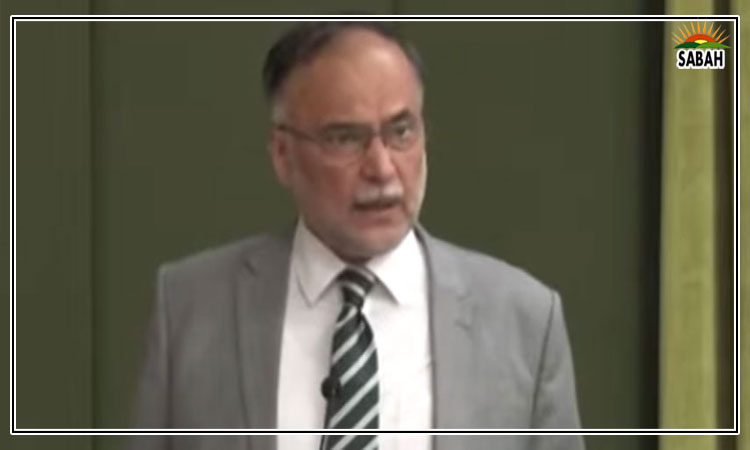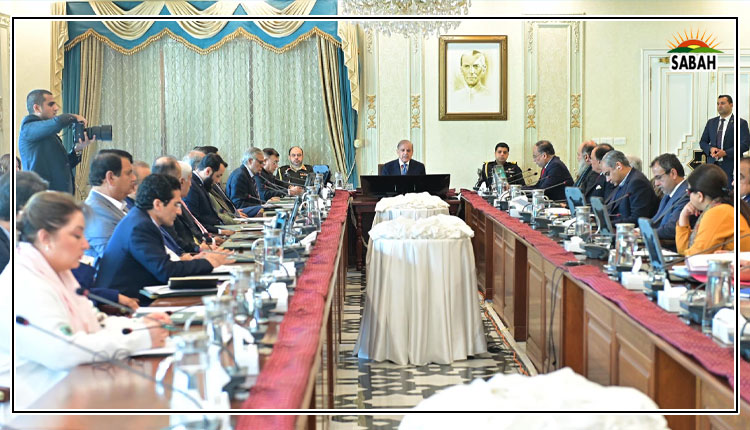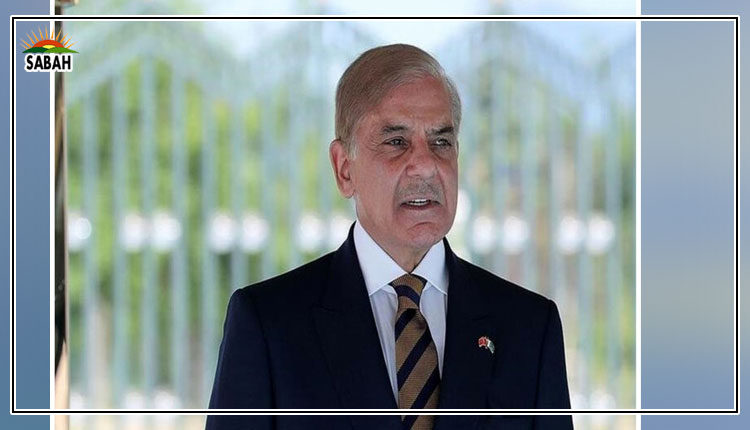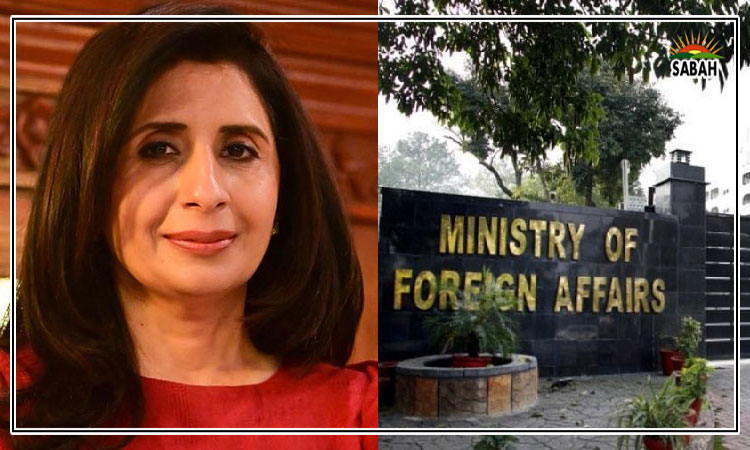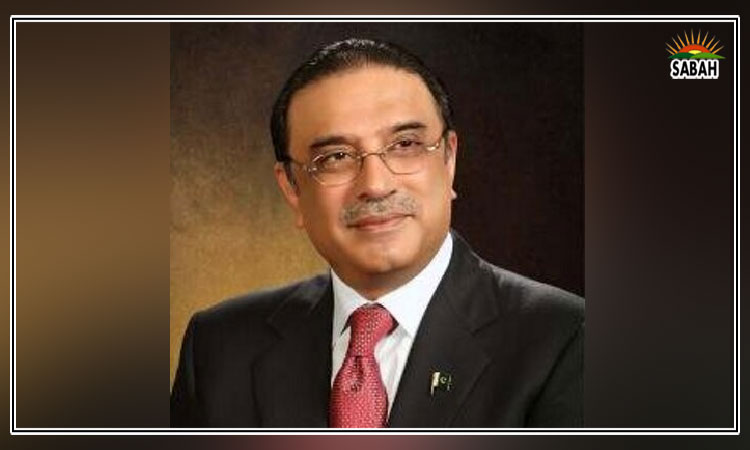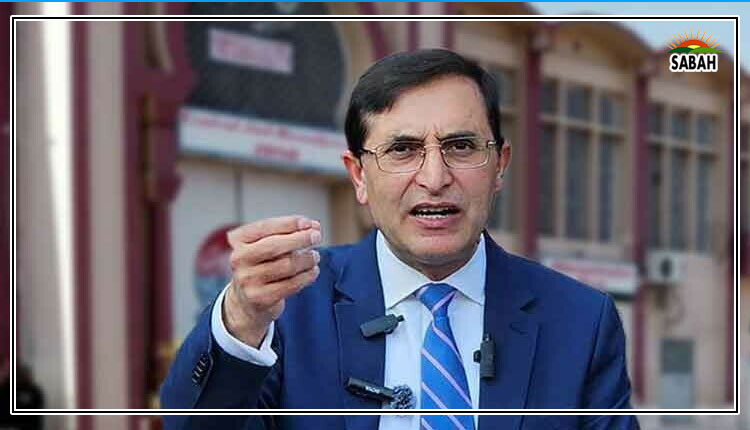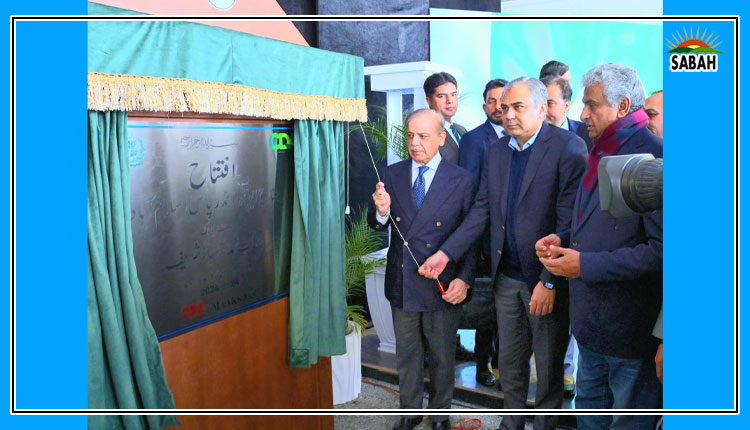Unruly social media … Arifa Noor
“A free press can be good or bad, but, most certainly, without freedom a press will never be anything but bad” — Albert Camus
LAST Saturday, journalist Asad Toor finally got bail. It took nearly three weeks — three weeks in which his case went from court to court, all the way up to the Supreme Court in a manner of speaking. When he was first called in for questioning, his lawyers filed for pre-arrest bail but the judiciary didn’t think it necessary — he was arrested.
And then came the process which is called justice in Pakistan where the prosecution keeps simply asking for custody of the accused for ‘interrogation’, while his lawyers and family watch helplessly, waiting for the day the courts will be kind enough to send the former to jail (on judicial remand) so that bail becomes a possibility.
In Toor’s case, the FIA questioned him once before they called him back again for more questions, only to arrest him. The agency got five days to ‘interrogate’ him but then asked for more from the judge; and was given his custody for a few more days. After this, they still needed more time “to recover some things” from him, according to a story in Dawn. Fortunately, the judge had had enough and sent Toor to jail.
Meanwhile, his case was highlighted in the Supreme Court, when lawyer Salahuddin Ahmed mentioned the matter to the chief justice, who coincidentally was hearing a case about a physical attack on Toor some years ago. It so happens that the journalist whose attack we are discussing is behind bars, he told the CJ.
The judge had to ask for details and in the ensuing dialogue, the attorney general conceded that some of the charges against Toor in the FIR did not make sense. Those close to Toor were overjoyed; if the government’s representative was willing to comment publicly that the FIR seemed problematic, bail should not be a problem. As if logic ever had a role to play in Pakistan. The AG, having conceded, did no more; after all, if he began getting involved in the cases of all those wrongly incarcerated, who would pursue the more serious cases?
The mainstream press, from newspapers to channels, is no longer a challenge for the state.
For the rest, the runaround continues. A busy judge had so many cases to hear that it took him days to get around to hearing Toor’s case on Thursday. On that day, the investigating officer fell ill and was ‘hospitalised’; the hearing was put off till Monday. The presiding judge said he couldn’t hear the case before Monday — he was busy on Friday and didn’t work on Saturday, he told those who stood before him. The lawyers went back to the Islamabad High Court for the third time, where the IHC chief justice ordered the judge to make time. On Saturday the bail order was given; this time around, the FIA no longer had objections. By the evening, the journalist was home but still implicated in a case. The sword continues to dangle despite the AG’s concession about the FIR.
During the same period, Imran Riaz was also arrested in Lahore though his bail came through faster than Toor’s. This was a man who disappeared last summer for months and came back a shadow of his former self, leaving little doubt that he had been tortured during his incarceration. And yet, someone thought he should be picked up again. And that those around him should be grateful he was only arrested and not disappeared.
Both these cases happened as a new government was taking charge; the new information minister argued X, aka Twitter, was working when asked about the blocked social media app. Had anyone seen a notification blocking it, he asked. He is the information minister of a party which, along with other opposition members, had called on Toor when he came under attack last time. This time, few of those who had been keen on a photo-op with him during the PTI’s tenure, could spare the time to even raise a voice for him. After all, there was no Imran Khan in power and there was no political point-scoring to be done.
Both these arrests reveal the changing media landscape in Pakistan.
The mainstream press, from newspapers to channels, is no longer a challenge for the state. The Urdu-language news channels, with their greater reach, have been especially co-opted or subjugated to the point where their reporting and commentary has become palatable to the state. Of course, there are offending clips and remarks but these simply cause warnings to be issued, owners to be browbeaten and everyone to be kept on their toes.
Overall, though, there is little to object to in the stories that are being aired or broadcast. And why should there be when reporting has been reduced to simply producing which politician or leader said what; news bulletins are dominated by statements of prime ministers, the army chief, chief ministers, opposition leaders, followed by newsworthy stuff uttered by the likes of Faisal Vawda or Javed Latif? The rest of time is spent recounting events, such as which politician met whom and which government official held a meeting.
Perhaps this is why it has been a long time since a news channel was taken off air. There is no ‘need’; though it was a tactic much in demand from Musharraf onwards. Unruly journalists can simply be sacked, a trend which began before the 2018 election and continues to date. But this hasn’t proved enough to silence them, and some of the peskier ones take to social media.
And it is here that the conflict is now playing out, where the worst of the state coercion is now at display. Arshad Sharif’s death is a case in point. Or Imran Riaz’s abduction. Or the day-long abduction of Matiullah Jan and other incidents during the PTI tenure. Intimidation and violence will continue as will efforts to block or limit the use of social media platforms. But if history is any guide, the voices will not be silenced.
The writer is a journalist.
Courtesy Dawn, March 19th, 2024



